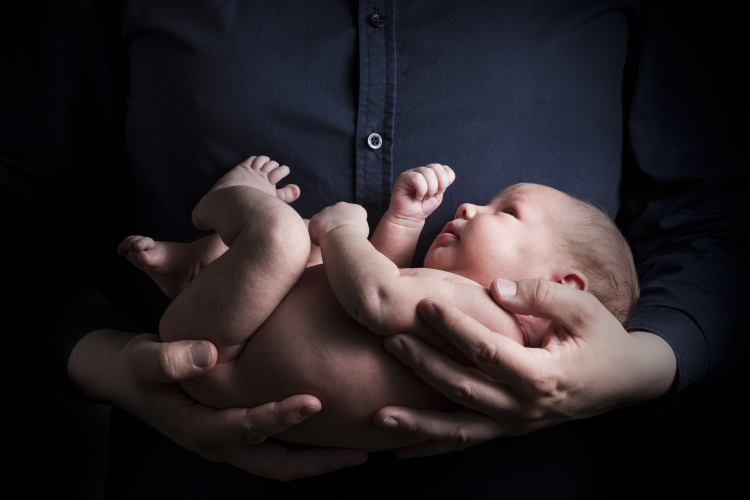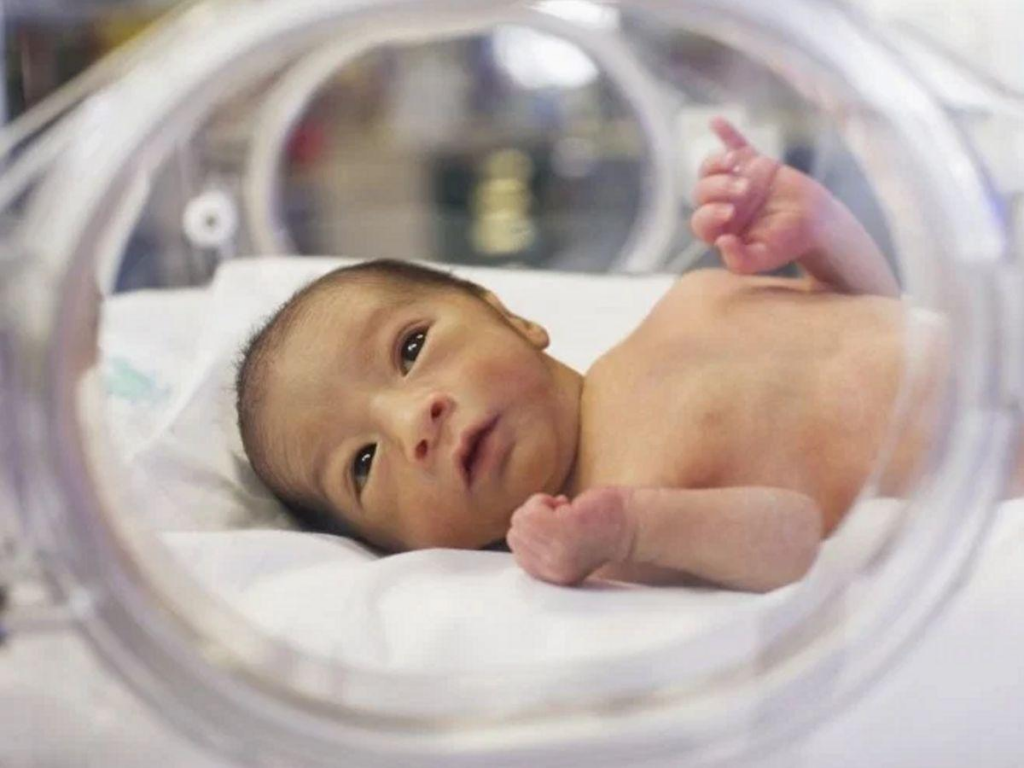Amid the current surge in space exploration endeavors, an intriguing and essential aspect often remains in the shadows: human reproduction beyond Earth. Initiatives like NASA’s Gateway program and billionaire-funded interplanetary colonies are capturing headlines. However, the viability of human reproduction in space presents a significant hurdle due to radiation and gravity.
The Netherlands-based company SpaceBorn United has taken up the challenge, aiming to address these concerns. Their ambitious endeavor has led to developing a compact IVF and embryo incubator. This cutting-edge technology will undergo testing on a space mission to evaluate its potential to overcome the unique challenges posed by space conditions.
Recently, the company conducted a drop test from 20 kilometers (12.4 miles) above Earth to assess the impact of radiation on organic material. Radiation exposure is one of the key concerns regarding reproduction in space.

The company aims to facilitate conception and early embryo development in space. As humanity contemplates establishing settlements on distant planets like Mars, addressing the reproduction challenge becomes paramount. The gravity on Mars, significantly lower than Earth’s, raises questions about its suitability for healthy embryo development. Initially, the focus was on understanding the effects of partial gravity.
SpaceBorn United has extended its research collaboration with the European Space Agency (ESA) to include ground-based tests. ESA offers facilities to simulate microgravity or partial gravity, providing critical insights that can enhance the success of IVF treatments.
Looking ahead, SpaceBorn United is exploring the development of artificial wombs—a technology initially designed for premature babies but with potential applications in space. Meanwhile, researchers in Israel have achieved the growth of mouse embryos outside of their natural environment for 11 days, with a target of five days for human cells and embryos. (In the UK, human embryo research is legally limited to 14 days.)

While the long-term vision includes achieving childbirth in space, SpaceBorn United currently focuses on the crucial initial stages of conception and early embryo development. The company utilizes microfluidic technology to redesign and miniaturize existing embryo incubators, transforming them into compact, CD-ROM-sized devices filled with microchannels for sperm and egg interactions.
Regarding the prospect of natural conception in space, SpaceBorn United acknowledges such an endeavor’s ethical and medical complexities. They have even published research highlighting the risks associated with natural sex in space.
SpaceBorn United’s launch is scheduled for 2025, coinciding with the broader goals of sending humans to colonize Mars or Venus by 2050. The company envisions a future where space exploration provides a valuable backup plan for humanity, given the various challenges Earth faces, including climate change, asteroid threats, and artificial intelligence concerns.

The emergence of private companies and billionaires entering the space race has the potential to accelerate progress in this field. However, SpaceBorn United recognizes that addressing the reproductive challenge is a vital aspect often overshadowed by engineering and hardware-focused space endeavors.
In the quest for interplanetary colonization and the expansion of humanity’s reach into the cosmos, SpaceBorn United is taking significant strides in the field of life sciences research, paving the way for groundbreaking achievements in space conception and childbirth.


